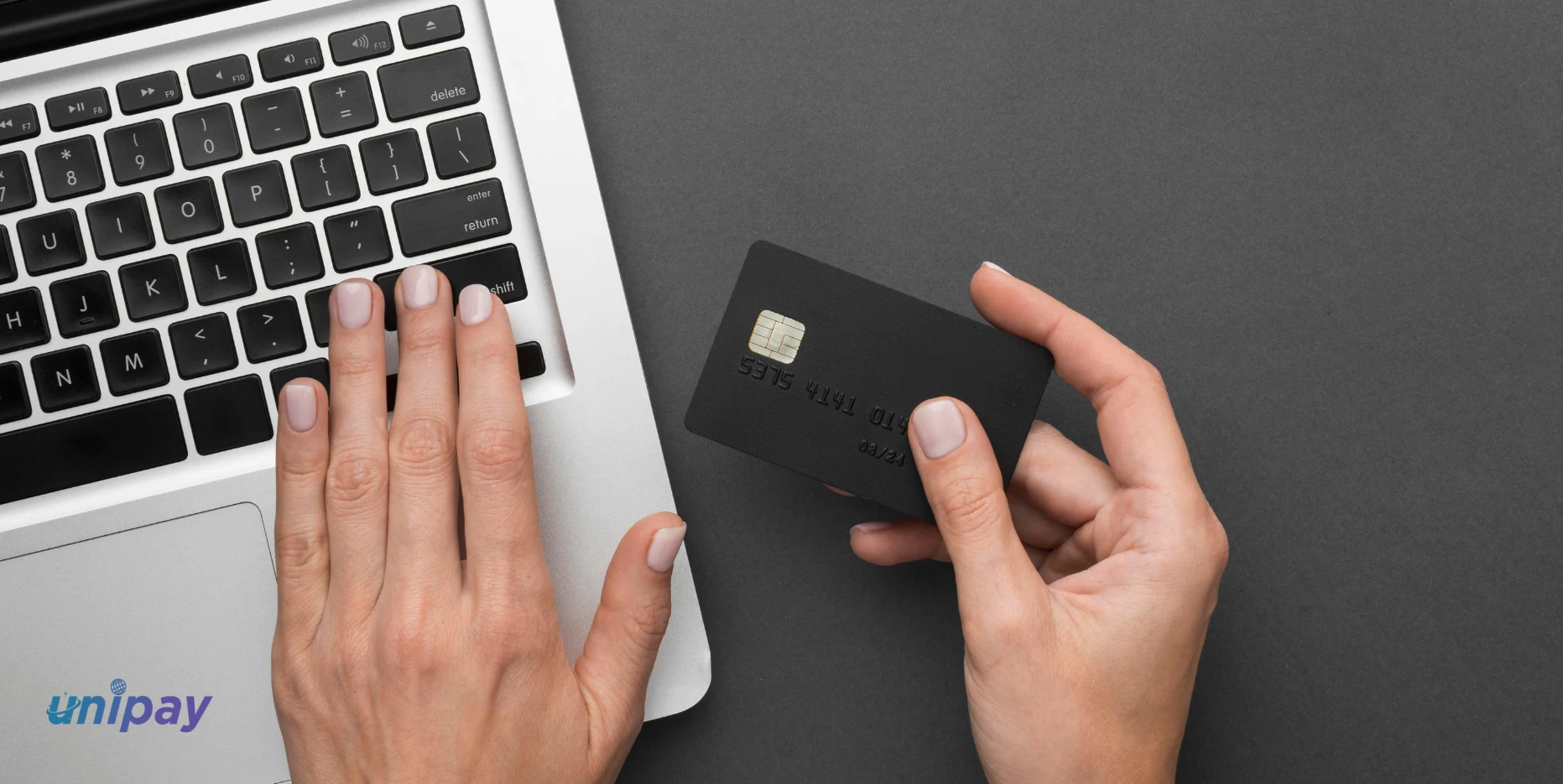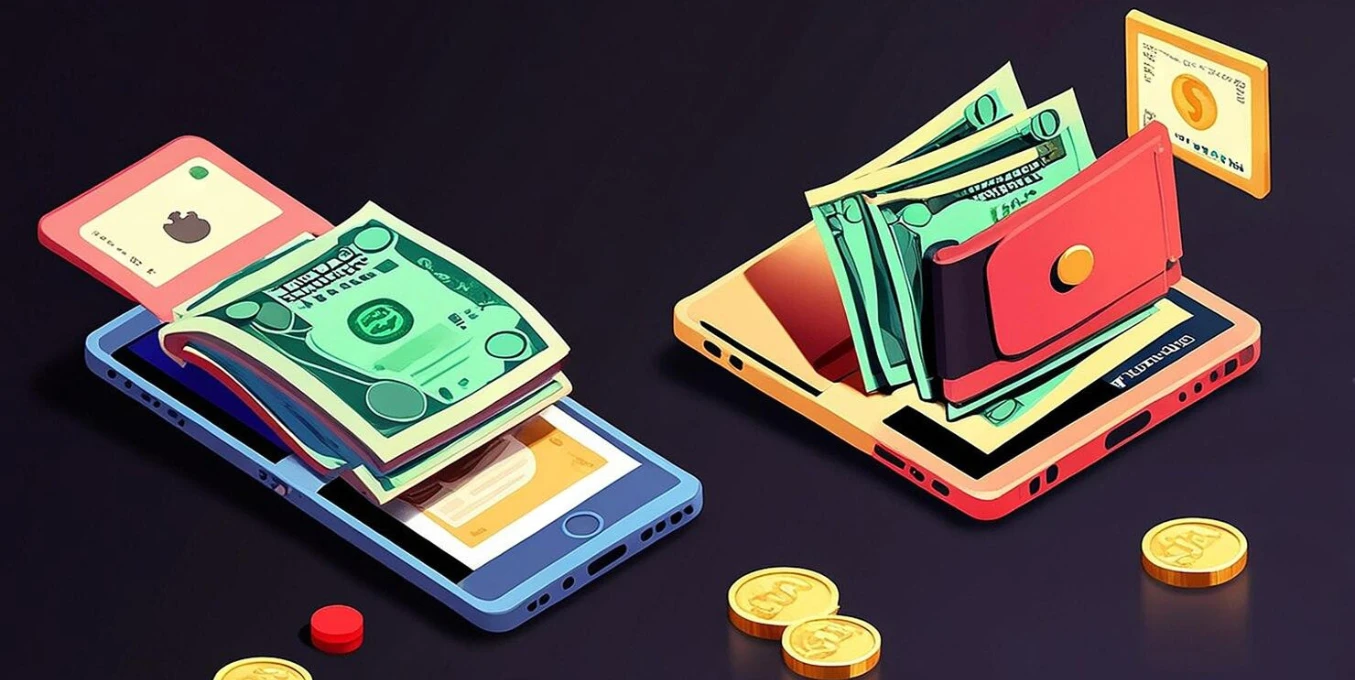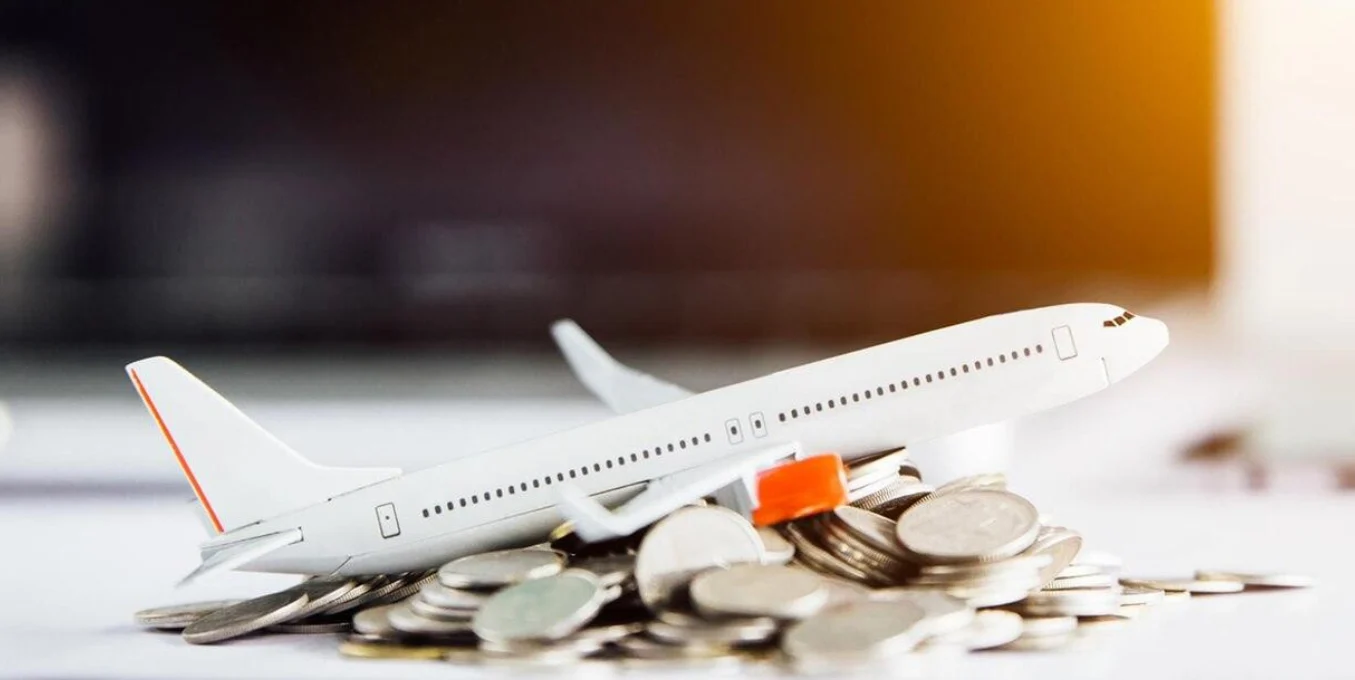Planning an international trip isn’t just about flights and hotels; it also means choosing how to carry money abroad. While many travellers still depend on cash and credit cards, using them overseas often comes with hidden costs.
Studies indicate that due to foreign transaction charges, cash advances, and fluctuating exchange rates, Indian travellers could spend an additional 6% on disbursing international credit card transactions. These extra costs can derail your budget. That is why increasing numbers of travellers are opting to use the forex cards, which are a safer, cheaper, and convenient alternative.
In this blog, we compare forex cards with credit/debit cards and share tips to choose the best forex card in 2025.
Forex Card vs Credit/Debit Card Abroad
When travelling abroad, using credit or debit cards may seem convenient, but it often comes with hidden costs. These hidden costs include foreign transaction fees, dynamic currency conversion, and fluctuating exchange rates. These charges can quickly add up.
Forex cards, however, are preloaded with foreign currency at a fixed rate, helping you manage expenses better. They work like debit cards for payments, ATM withdrawals, and online purchases. This makes them a safer and more economical choice.
| Feature | Credit/Debit Card Abroad | Forex Card Abroad |
| Exchange Rate | Applied at the time of use, may vary | Locked at time of loading |
| Fees & Charges | 2–3.5% mark-up + hidden fees | Minimal or zero mark-up |
| Cash Withdrawal | High fees + interest on credit cards | Low fixed withdrawal fee |
| Budget Control | Risk of overspending | Preloaded amount keeps limits |
| Safety | Risk if lost, billing cycle stress | Blockable instantly, prepaid |
In short, forex cards combine cost savings, safety, and control, making them the smarter option for international travellers.
Why Forex Cards Are the Smarter Choice Abroad
Carrying money while travelling around different countries can be a bit hectic, but the use of a forex card can make it easy. It is convenient, affordable, and more secure than credit or debit cards. This makes forex cards a more viable option when spending abroad. The following are some of the forex card advantages that you must be aware of:
- The Locked-in Exchange Rate: Exchange rates are set once you load the card, and therefore, you are not caught with the fluctuations in between.
- Reduced Fees: Eliminate expensive cross-currency mark-ups and undisclosed charges that are associated with credit and debit cards.
- Cost-Effective: Preloading will help you keep within a predetermined amount of money.
- Safe & Secure: Cards may be blocked immediately if they are lost, unlike cash.
- Cash Withdrawal: Lower withdrawal charges compared to credit cards, where both fees and interest add up.
- Multi-Currency Support: One card for multiple countries, load euros, dollars, pounds, and more.
- No Late Payment Hassles: Since it’s prepaid, you don’t have to worry about bills and penalties.
With these advantages, forex cards provide peace of mind and better control over your spending. This makes them an ideal companion for any international trip.
How to Choose the Best Forex Card in 2025
Not all forex cards offer similar services. So it’s important to choose one that fits your travel needs. When comparing options, consider these key factors:
- Currency Options: Does it support multiple currencies if you’re visiting different countries?
- Reload Flexibility: Can you top it up online while abroad?
- ATM Fees: Look for cards with reasonable withdrawal charges.
- Security: Features like PIN protection, 24/7 blocking, and SMS alerts are essential.
- Customer Support: Responsive help can make a big difference if you encounter issues abroad.
By keeping these factors in mind, you can select a forex card that offers convenience, security, and cost savings during your international travels.
Tips for Using Forex Cards Abroad
To get the most out of your forex card and avoid any unexpected issues while travelling, follow these practical tips:
- Carry a small backup of cash for emergencies.
- Monitor your balance through the mobile app or online portal.
- Reload the card before it runs out, especially in countries with limited reload support.
- Use the card within the loaded currency zone to avoid cross-currency fees.
- Report any loss immediately to block the card and request a replacement.
Following these simple tips ensures a hassle-free and secure experience, letting you focus on enjoying your trip rather than worrying about money.
Save Money Using a Forex Card
Using credit or debit cards abroad can be convenient, but hidden fees and fluctuating exchange rates make them costly. High ATM charges add to the expense. Forex cards, however, offer locked-in rates, lower fees, and multi-currency support. They are safer and more cost-effective for international travellers. By choosing the right card, keeping track of your balance, and following simple tips, you can enjoy a secure, stress-free, and budget-friendly travel experience abroad.
Frequently Asked Questions
1. Is a forex card better than an international debit card?
Yes. A forex card is generally better than an international debit card because it offers fixed exchange rates, enhanced security, and better control over spending. With a forex card, you know exactly how much you are spending, avoiding unexpected charges or currency fluctuations.
2. What type of fees do forex cards avoid compared to credit or debit cards?
Forex cards avoid mark-up fees and other hidden international transaction charges that credit or debit cards typically incur. They provide competitive exchange rates, so you pay only the amount you load on the card.
3. Is a forex card better than a credit card?
Yes. Unlike credit cards, which are subject to exchange rate fluctuations and conversion charges at the time of use, a forex card is preloaded with foreign currency. This makes it ideal for travellers who want a fixed exchange rate and better control over their budget.
4. Can I use my forex card in India?
No, forex cards cannot be used within India, Nepal, or Bhutan. They are meant only for international travel and overseas transactions.
5. What are the transaction limits on a forex card?
Typical limits include daily ATM withdrawals of up to USD 1,500 and card payments up to USD 15,000. Online and contactless payment limits may be lower depending on the issuer.




